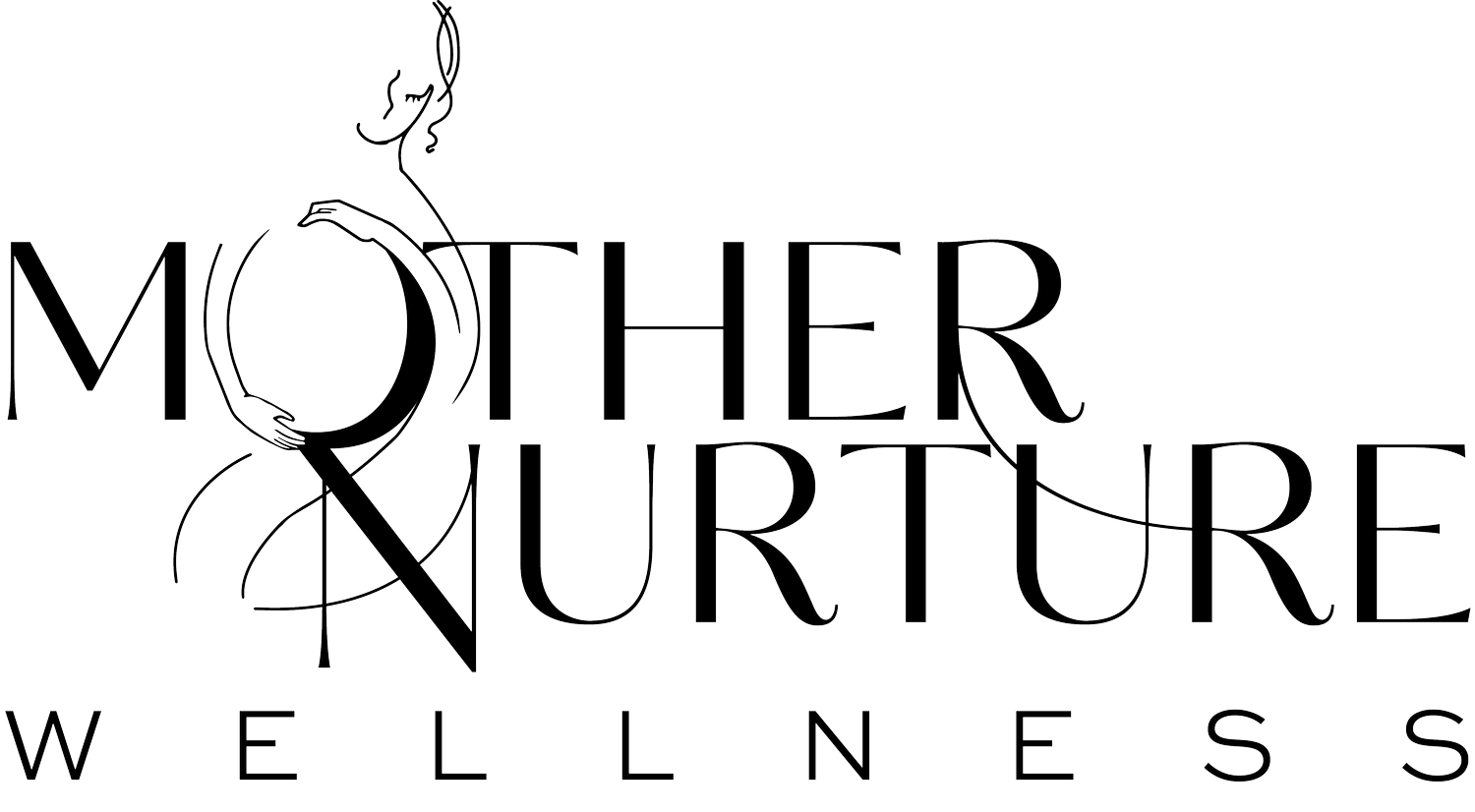World Infertility Awareness Month: Infertility By the Numbers
infertility by the numbers
June is Infertility Awareness Month, which offers an opportunity to highlight just how common struggling to conceive actually is, in spite of a society that loves to shame and downplay the devastation of infertility. So let’s take a look at this all-too-common disease, and break down when and how to get help, should it feel as though the baby dust be blowing in the other direction.
Whether you are just getting started or struggling to conceive, it’s good to know when it makes sense to seek medical help, and who to seek it from. Information is power, and the sooner you know about any obstacles that could be standing between you and your baby, the sooner they can be fixed!
First of all, if it feels like it’s taking forever to get pregnant, know you aren’t alone. According to the CDC, about 1 in 5 US heterosexual women ages 15 to 49 will not be pregnant within 12 months of TTC, the ‘gold standard’ of time to wait before seeking fertility care.
I prefer to take a more nuanced approach to deciding when to seek help, so I suggest getting a fertility workup based on the following:
If you are 30 or under: TTC for 12 months is just fine, but be sure not to skip your annual exam, and let your doctor know you’re planning to start trying to conceive.
31-35: give it 9 months or so and then head to see your GYN for some bloodwork, an ultrasound, and a sperm test for your partner. Go from there!
36-39: 6 months is a fair shake, but it’s better to seek support sooner than later since things can get a bit trickier in this age range. Be sure to include your partner!
40-41: 3 months is the limit before it makes sense to see your doctor for an assessment of your reproductive health. Depending on what your doctor says, it might make sense to advance to a reproductive endocrinologist without delay.
42 and up: It’s best to head right in to a fertility specialist if you want a baby at this age. It is absolutely possible, but it’s better to know right away if you’ll need any support to make it happen. This is also true if you’ve ever been told you have endometriosis, PCOS, or very painful, absent or irregular cycles.
Regardless of where you fall in your timeline, it's never too soon to educate yourself about your fertility and take control of your health!
If you want to learn more about how to best prepare yourself for pregnancy, I’ve got you covered! In honor of Infertility Awareness Month, I am offering 25% off of my online class series, Training to Conceive, both singles and the complete bundle! The course covers everything you need to know to train your body, mind, and spirit for bringing a baby into your life, including timing for conception, managing stress, nutrition, herbs and so much more.
If you’d prefer a more personalized approach, 1:1 Fertility Coaching is also 25% off for the ENTIRE MONTH OF JUNE!! Use code: Fertility to download classes or sign up for a coaching call!
And, as always, I’m available for acupuncture @mothernurturewellness
